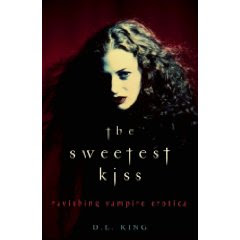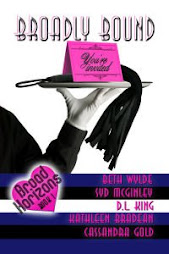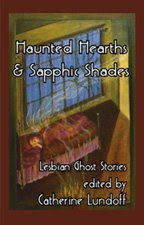I watched the premier episode of Da Vinci's Demons last night. The historical inaccuracies drove me a bit bonkers, but if I approach it as alternate history/ steampunk renaissance, I suppose I can forgive that. What I can't forgive were the multitude of "As you know, Jim" speeches. Whether its television or a novel, writers should do everything they can to avoid them.
So, what's an "An you know, Jim," speech? If you've watched any of the CSI shows, you've heard these. It's when a character says something along the lines of "As you know, Jim, I'm going to take this piece of crime scene evidence and try to find latent prints on it. I will do this by..." But Jim isn't a child from another planet. He's another CSI tech and he knows damn well how evidence is processed because it's his job. So why is it being explained to him as if he knows nothing about it? Well, the other character isn't explaining it to Jim. He's explaining it to the viewer/reader who presumably doesn't know. It's an acknowledgement of the fourth wall. On CSI, Jim usually responds with "Yes, and then you'll match any latent prints you find against our suspects, thus hopefully linking one to the scene of the crime" while in real life, Jim would say, "No shit, Sherlock."
"As you know, Jim" come up a lot in science fiction and fantasy because there's a whole world with different rules that the reader needs to know. A common way around this is to drop an outsider into the world so they can ask "What's that animal?" or "Why are those dudes in red livery shooting arrows at us?" without seeming like an idiot. Even in Harry Potter, he's raised in a muggle household, so everything about the wizarding world must be explained to him. He has a muggle's reaction to the things he sees and frames them in a muggle POV. (at least in the first few books) Later, as Hogwarts becomes his world (and the reader is just as familiar with it) the explanations drop away except when something extraordinary happens. (such as the tri-wizarding tournament). Hermione, in almost every situation, serves as Harry's interpreter. She understands his muggle POV since she comes from the same place, but because she's made a huge effort to understand everything about the world around her, she knows what's happening and why. Someone raised in the wizarding world wouldn't think of such things as extraordinary so they wouldn't know that Harry was unfamiliar with it, nor would they know how to explain it.
But what do you do if your characters are all from that world? How are you going to explain things without resorting to awkward "As you know, Jim," speeches? Not everyone in a world knows everything, so as "As you don't know, Jim" explanation is fine if the information isn't common knowledge. If it is common knowledge, the best way to inform the reader is to show the character lifting prints from crime scene evidence and comparing them to the suspects' prints. Show the second sun, the twin moons, the dragons, or the elves. Show someone breaking a taboo and how the other characters react. Show the magic of technology and what it does. You don't have to explain how it works (unless that's part of the plot) since most readers are willing to suspend disbelief and trust that it does work if you show that it does.
One of the strengths of books over television shows is that you can take your time to explore things. Television shows are about action, not thought. And as you know, Jim, you can take advantage of that.
Saturday, April 13, 2013
Subscribe to:
Post Comments (Atom)















.jpg)










No comments:
Post a Comment